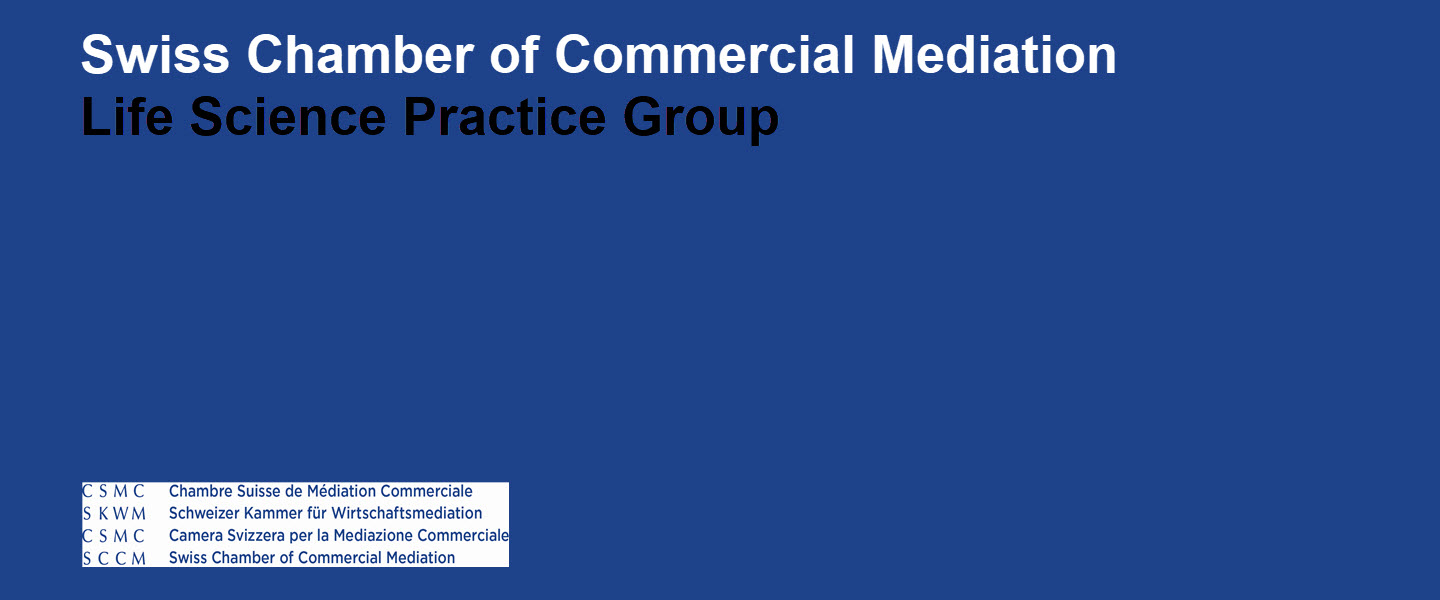Mediation is a confidential process between the parties of a dispute, in which the parties brainstorm how to solve their dispute on their own. The mediator only facilitates the discussion by using general coaching principles, but will not make a proposal for a solution (like e.g. an arbitrator would). A key focus of every mediation is that the mediator together with both parties identifies the real interests of each party, which are „behind“ the legal positions. Understanding these interests increases the chances to negotiate and find a sustainable solution.
A very important principle of mediation is that the whole process is completely voluntary. This means both parties must agree voluntarily to initiate the mediation and they can both step out of the mediation at any time without giving any justification.
Mediation is completely independent from court litigation or arbitration, so it can also be initiated when a court litigation or arbitration has already started, or the parties can still start a litigation or arbitration after an unsuccessful mediation. If a business-to-business mediation is succesful, it is highly recommended to lay down the negotiated solution in a written settlement contract.
A very useful overview of key principles and some FAQ about commercial mediation can be found on the main site of SCCM.
